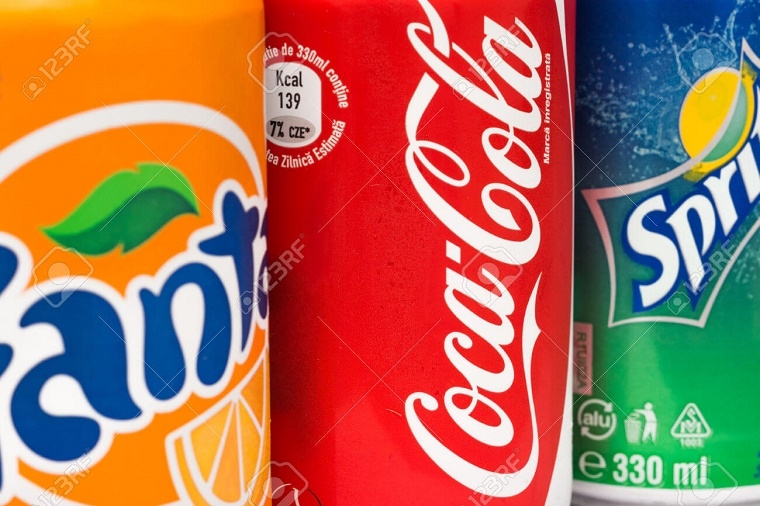
The World Health Organisation, WHO, has warned Nigerians against taking carbonated drinks, also known as soft drinks, with Vitamin C as it becomes poisonous when mixed.
Advertisement
Recall that a Lagos High Court in a recent judgement, directed the National Agency for Food Drug Administration and Control (NAFDAC) to mandate the Nigeria Bottling Company (NBC) to include a warning on its bottles of Fanta and
Sprite, that its contents cannot be taken with Vitamin C as the drinks contain benzoic and ascorbic acids as ingredients which becomes poisonous when mixed with Vitamin C.
The NBC has since appealed this order, stating that the benzoic acid level in Sprite produced and sold in Nigeria “are in compliance with the levels approved by all relevant national regulators and the international level set by Codex”.
The NBC added that there is no truth in the report that “these products would become poisonous if consumed alongside Vitamin C.”
Advertisement
But the International Agency for Research on Cancer (IARC), WHO, confirmed that these soft drinks containing a mixture of the salt of benzoic acid, sodium benzoate and vitamin C can cause cancer and other chronic conditions.
According to IARC, when sodium benzoate is combined with Vitamin C (as in some soft drinks and other beverages), and exposed to elevated temperatures or light, the IARC Group 1 cancer-causing chemical, benzene, may form.
Benzoic acid and benzoates are common additives to food, drinks and other products. They are useful chemicals in manufactured products because they kill or inhibit both bacteria and fungi and can act as preservatives. In general, the chemicals are considered to be safe when they are used in small quantities. However, there are some situations in which they may be harmful.
Benzoates are derived from benzoic acid and are more commonly used as food preservatives than the acid. Some people develop allergy-like symptoms when they are exposed to sodium benzoate.
When the chemical reacts with vitamin C (ascorbic acid) in drinks under certain conditions, benzene may be produced. Benzene is a carcinogen. A carcinogen is a substance that is capable of causing cancer.
Advertisement
Signs of benzene toxicity are nausea, vomiting and abdominal pain. Lethality (for both inhaled and ingested benzene) has been attributed to respiratory arrest, central nervous system depression, or suspected cardiac collapse.
According to IARC, human exposure to benzene has been associated with a range of acute and long-term adverse health effects and diseases, including cancer and aplastic anaemia. It noted: “Benzene causes acute myeloid leukaemia (acute non-lymphocytic leukaemia), and there is limited evidence that benzene may also cause acute and chronic lymphocytic leukaemia, non-Hodgkin’s lymphoma and multiple myeloma.”


